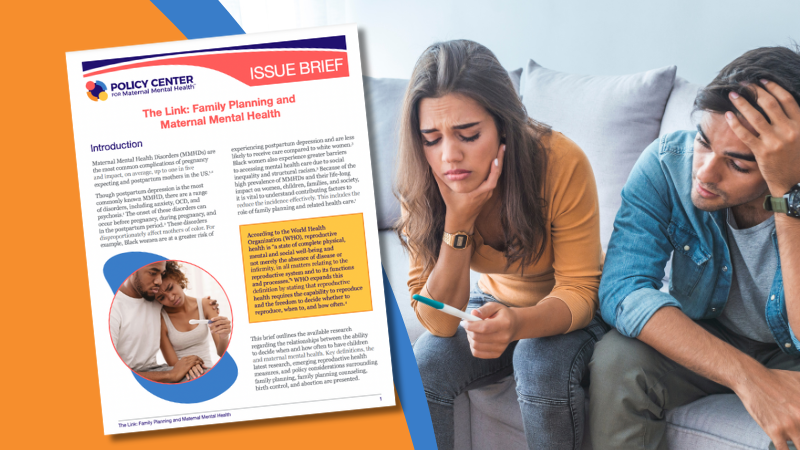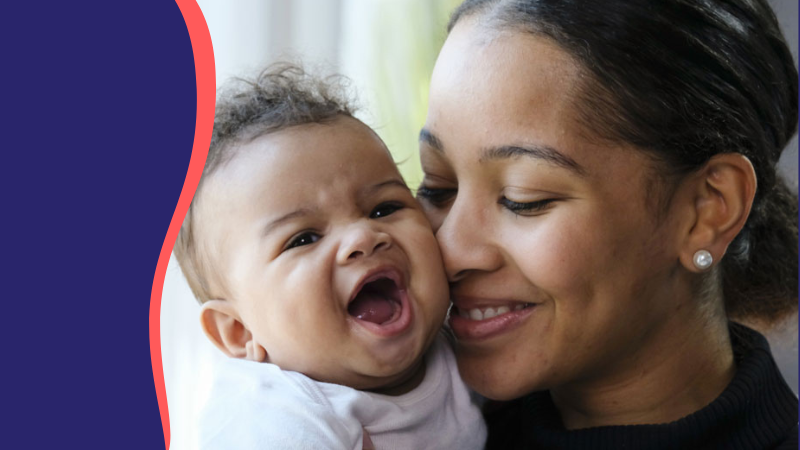It’s been on my 2024 bucket list to present to the perinatal quality collaboratives (PQCs) and others working on the implementation of the Perinatal Mental Health Alliance for Innovation in Maternal Health (AIM) guidelines and measures. AIM “bundles” are recommendations and tools created through the Federal government’s Health Resource and Services Administration (HRSA) effort to reduce maternal mortality. HRSA contracts with the American College of Obstetricians and Gynecologists (ACOG) to administer the program.
This week I was able to tick this off my bucket list. On Wednesday, I presented to this group through the ACOG AIM technical assistance service. I presented alongside the Massachusetts PQC, whose leaders have been piloting the implementation of the bundle.
This bundle was re-released as a primary bundle in 2023, as measures were developed in 2023 (I was a part of the group of consultants ACOG sought insights from to develop measures and emphasized the importance of aligning with the new HEDIS perinatal depression measures). The Perinatal Mental Health bundle is different from all of the other AIM bundles, in that it’s an outpatient bundle, anchored in screening for maternal mental health (MMH) disorders and follow-up that occurs outside of the hospital.
The key takeaways from my presentation were:
- New onset of these disorders happen in pregnancy nearly as frequently as in the postpartum period.
- Untreated depression/anxiety is a leading cause of preterm birth/low-birth-weight deliveries.
- It’s critical that PQCs/AIM states direct efforts to support Ob/Gyns and Midwives (obstetric providers) with early identification and treatment of MMH disorders starting in pregnancy, consistent with the ACOG recommendations, and Clinical Practice Guidelines (also released in 2023).
- When Obstetric providers screen in pregnancy they are more likely to screen in the postpartum period (thereby new onset or continuing depression/anxiety in the postpartum).
- Though AIM addresses suicidality, future updates to the AIM perinatal mental health bundle should include distinguishing between intrusive thoughts about death/suicide as well as self-harming behavior. Further, post suicide risk assessment, I shared the importance of implementing safety planning into suicide vs. referral to the ER or child protective services, both of which cause traumatic experiences and don’t result in treatment plan development or increased saftey at home.
See my full slide set.
I welcome your thoughts and feedback by leaving us a comment using the comment feature below or emailing me at [email protected]
Related reading:
The First Clinical Practice Guideliens Released by ACOG and What Is an AIM Bundle?
U.S. Maternal Depression Screening Rates Released for the First Time Through HEDIS



